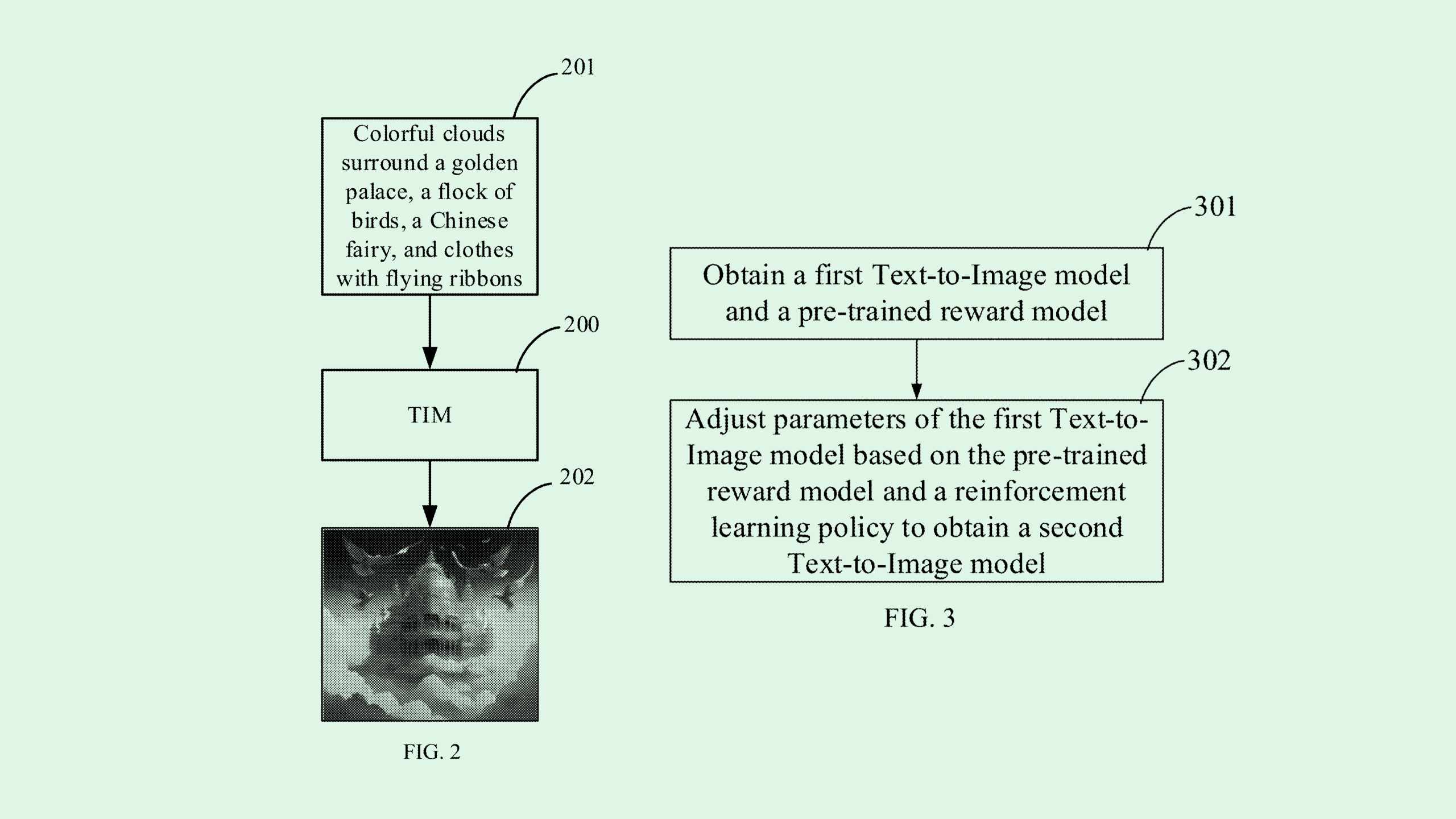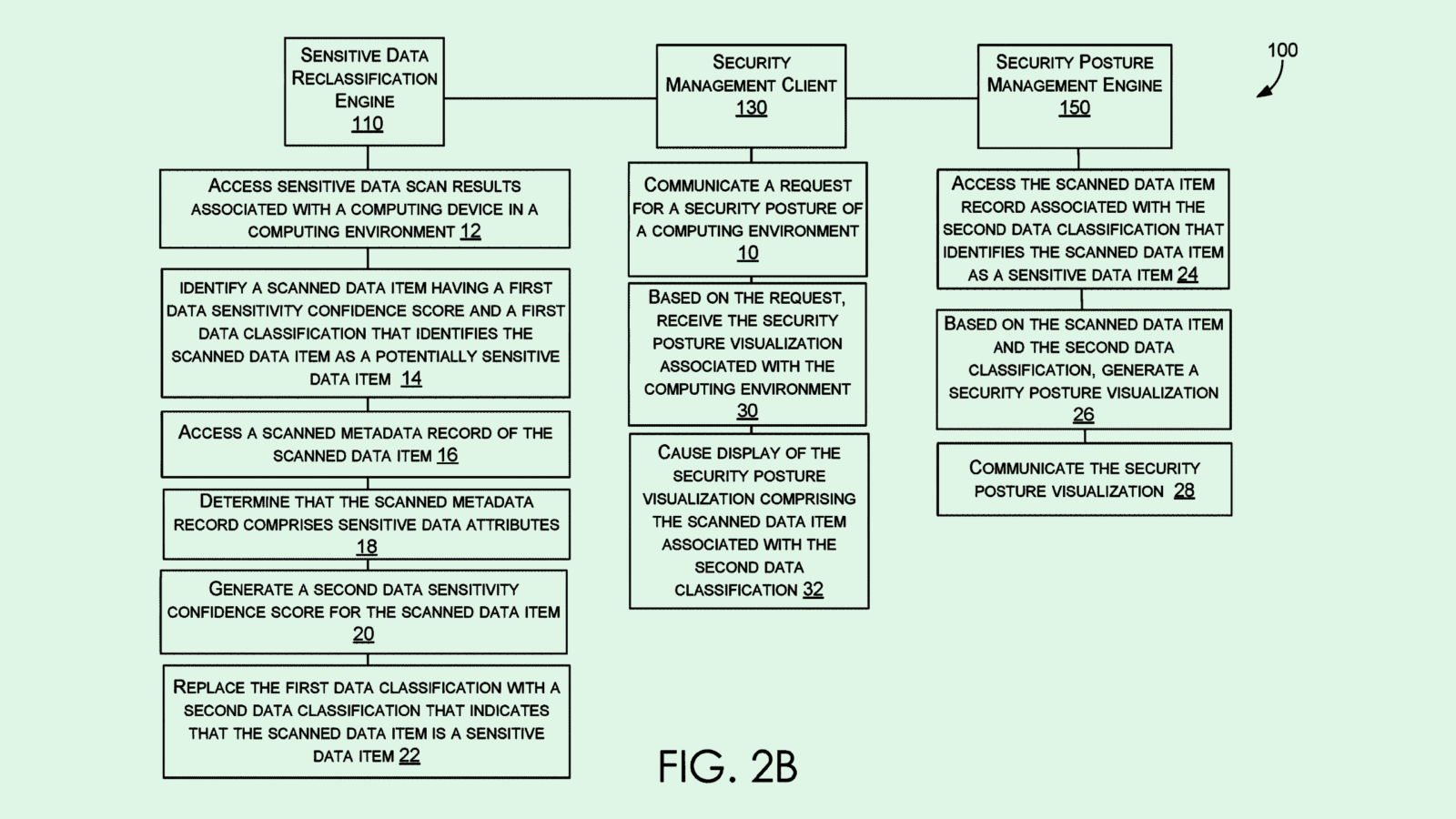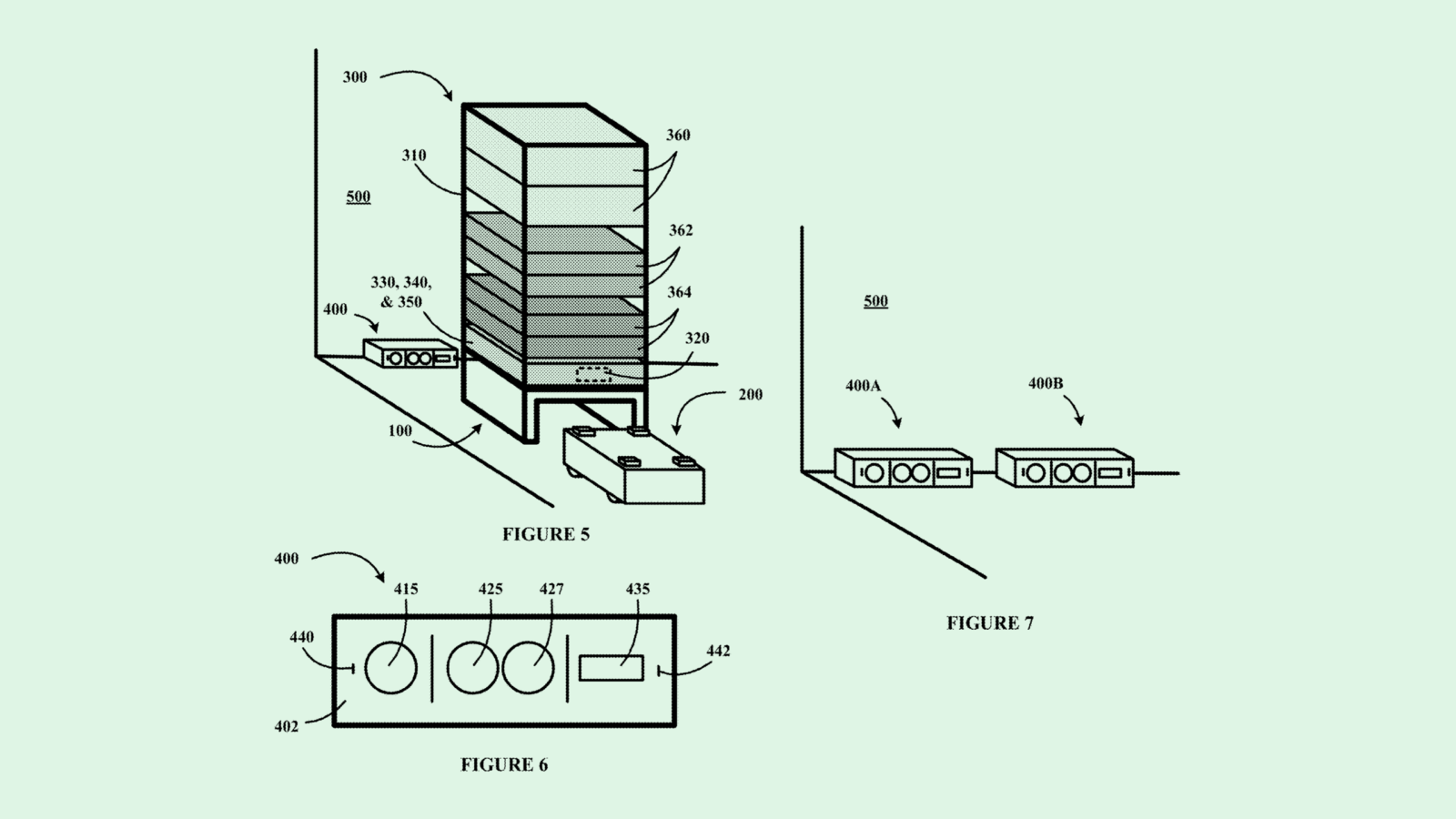Baidu Adds to AI Patent Stable as it Struggles for Model ROI
The search giant’s AI models have largely seen success, dominating the Chinese market. But turning that popularity into revenue hasn’t been an easy task.

Sign up to uncover the latest in emerging technology.
Baidu wants to make its AI models better artists.
The Chinese tech firm filed a patent application for “training [a] text-to-image model” using reinforcement learning to iteratively improve its quality and relevance.
Baidu’s system starts with two initial models: a text-to-image model, and a “pre-trained reward model.” The reward model is designed to evaluate the quality of the photo generated by the text-to-image model based on its accuracy and relevance to the original prompt.
Each input-image pair is assigned a “score,” which serves as the reward to improve the model’s training. This reinforcement learning method takes place iteratively, improving the scores more and more each time until the images generated satisfy a “a preset condition,” likely a threshold score that indicates the model is performing up to par, Baidu said.
“Making the image output by the model aligning with the semantics and details of the input text and having as high artistry as possible is a research direction that many people pay attention to,” Baidu said in the filing.
Reinforcement learning as a means of improving AI isn’t a new concept: We’ve seen it in patents from Google DeepMind, Microsoft, and even Walmart. But as Baidu continues to compete in an increasingly crowded AI market, it makes sense it will go after as much AI IP as possible.
The search giant’s AI models have largely seen success, dominating the Chinese market. In June, it launched Ernie 4.0 Turbo (an upgraded version of its Ernie 4, which it claimed rivaled OpenAI’s GPT-4). Baidu CTO Haifeng Wang said at the time that the company’s Ernie Bot chatbot reached 300 million users.
However, turning that popularity into revenue hasn’t been an easy task. Like other major tech firms, the company is still largely reliant on digital advertising as its main sales driver. And while its Ernie Bot AI model has given way to cloud services sales, the company’s AI price war with the likes of Alibaba and ByteDance is making revenue prospects difficult.
“Where the revenues might come in, I think, is in partnerships and potentially acquisitions,” said Thomas Randall, advisory director at Info-Tech Research Group. “If they’re not working with other companies, I think they might limit themselves. It’s the quickest way to start … trying to apply [their technology] in a range of different applications.”











